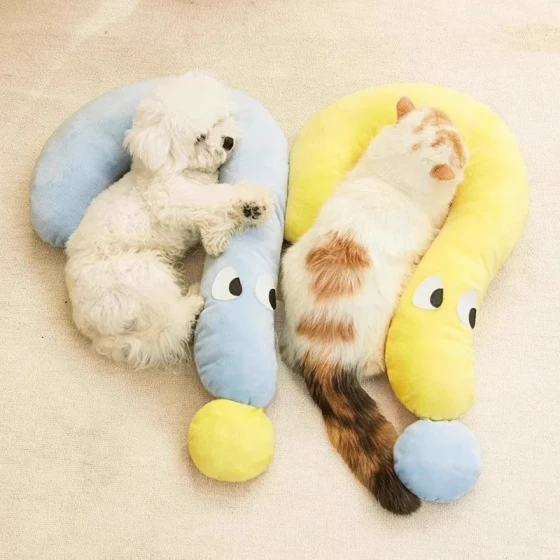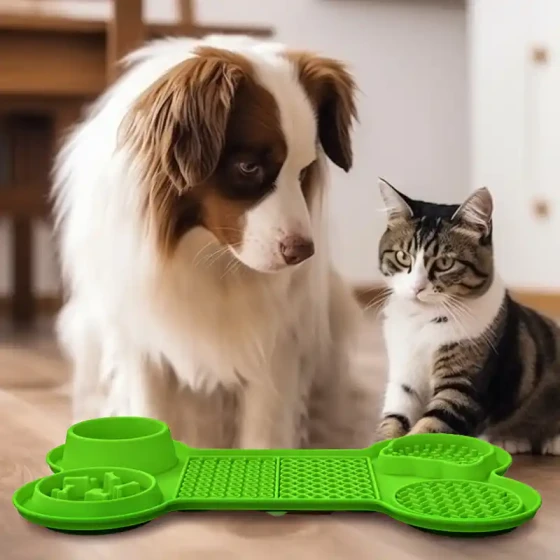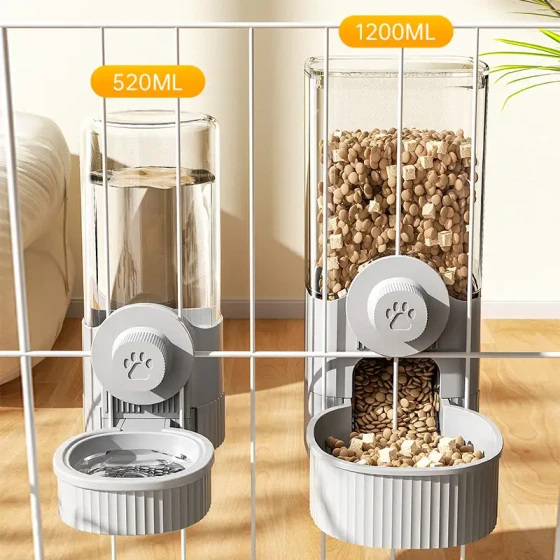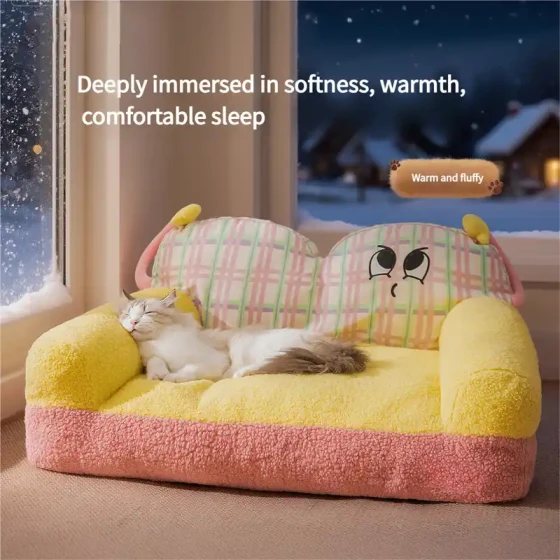Ragdoll Male Cats Are Clingier or Female Cats Are Clingier_The Big Reveal of Personality Differences Between Male and Female Ragdolls
Before discussing which is clingier between male and female Ragdoll cats, let me give you a concise answer: generally, many experienced cat owners and breeders believe neutered male Ragdolls may show more stable and sustained clinginess, enjoying staying close to their owners and even preferring to be a “lap accessory”; while neutered female Ragdolls are also very affectionate but may be somewhat more independent, with emotional expressions that can be more delicate or sometimes display a bit of “moodiness,” though of course, this varies by individual cat. When choosing a Ragdoll, instead of worrying about gender, it’s better to focus on individual personality differences and later upbringing.
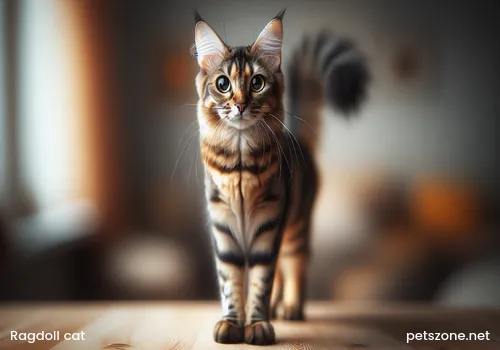
Ragdolls, as the name implies, have personalities as docile and gentle as soft cloth dolls, which is why they are so beloved. Unlike some traditionally independent or aloof cats, they are known for their extraordinary affectionate nature and strong emotional attachment to humans. They enjoy following their owners, participating in family activities, and usually love to be hugged and petted. When held, they often relax completely, like a soft doll—hence the name “Ragdoll.” Their voices are typically soft and melodious, not loud or noisy like some cats, making them perfect companion animals.
However, within this generally gentle and affectionate framework, there are indeed some commonly observed personality tendency differences between male and female cats.
Male Ragdolls: Walking “Big Sweethearts” and “Affection Freaks”?
Many who have raised male Ragdolls might feel they are born “big sweethearts.” After neutering, the dominant male hormones decrease, and the males usually become more docile and may develop a more robust physique (which helps with the “cheek puff” effect). They seem to constantly crave their owner's attention and affection, enjoying patrolling around the house right by your side wherever you go, like your little shadow. When you sit down, they are likely to jump onto your lap seeking cuddles or comfortably lie beside you.
Male Ragdolls often retain their playful nature longer; even as adults, they might be as enthusiastic about toys and interactive games as kittens. Their personalities tend to be open and straightforward, expressing emotions in a candid way—if happy, they’ll directly come over to nuzzle you, knead, or purr. Their tolerance is relatively high, and they may be more accepting of new environments and things. If Ragdolls are clingy cats, then neutered males might be the “PLUS” version of clinginess, their dependence on their owner sometimes making you feel like you bear a “sweet burden.”
Female Ragdolls: Gentle “Little Ladies” and Independent “Little Princesses”?
Compared to males, female Ragdolls may display more of a gentle “little lady” temperament while also exhibiting a bit of an independent “little princess” demeanor. Neutered females are free from the troubles of heat cycles and tend to have a more stable personality. They are also very affectionate and enjoy interacting with their owners but might not require constant attention like males. They might prefer to choose their own times and ways to be close to you, such as quietly jumping onto your lap while you read or lying by the corner of your desk while you work.
Female Ragdolls sometimes express their feelings more delicately, using gentle meows, slow blinks, or softly rubbing against your legs to show affection. Some females maintain stronger territorial awareness, and adapting to environmental changes or other pets in the home (if not raised with them from a young age) might take more time. Additionally, some owners share that female cats’ moods may subtly fluctuate, occasionally showing a bit of an independent “temper,” but this does not mean they do not love their owners—it's just a less overt expression than males. They might enjoy high-quality, one-on-one intimate time rather than full-day “on-call” companionship.
Why do these differences exist?
The reasons for personality differences between male and female cats are multifaceted, with one primary factor being hormones. In unneutered cats, sex hormones significantly influence behavior. Male cats affected by testosterone tend to be more aggressive, territorial, and may spray urine; females influenced by estrogen may display restless behaviors during heat and seek mates. However, neutering greatly reduces the effects of these hormones, which substantially diminishes behavioral differences between males and females. Neutered males usually become gentler and stop spraying, while neutered females avoid the turmoil of heat cycles and have more stable emotions. In essence, neutering is a key factor influencing the personalities of Ragdolls, and most cats in general.
Besides physiological factors, individual differences and postnatal environment are also crucial. Like humans, each cat is a unique individual. Their genetic makeup, early socialization experiences (whether exposed to various people and environments), interactions with breeders, and the home environment and upbringing style after adoption profoundly affect their personality development. A female cat raised in a loving and caring environment might be more affectionate than a male cat that experienced poor treatment. Therefore, gender alone cannot determine how clingy a Ragdoll cat will be.
How to choose the right Ragdoll cat for you?
Since gender is not absolute, how can you pick a clingy Ragdoll cat? The following suggestions might help:
- Assess individual personality: Spend as much time as possible interacting with kittens when choosing one. Do they actively approach you or hide in corners? Are they curious or timid with strangers? A kitten with an outgoing personality who enjoys interaction is likely to grow into a clingy adult cat.
- Understand the parents’ personalities: Kittens’ personalities largely inherit from their parents. If possible, learn about the dad’s and mom’s temperaments from the breeder, especially their level of affection, which can help predict the kittens’ personality.
- Value early socialization: Choose kittens exposed to humans early and well socialized. Kittens who interact and are frequently held by humans more easily trust people and build close relationships.
- Consider breeder credibility: Opt for responsible, caring breeders. They usually prioritize cats’ health and temperament and invest time and effort in good socialization of kittens.
Frequently Asked Questions
- When do male Ragdolls develop cheek puff? Cheek puff in male Ragdolls is the gradual rounding and broadening of the face, usually becoming noticeable after neutering, around 6 months to one year old, but it varies individually.
- Do female Ragdolls also develop cheek puff? Female Ragdolls also develop cheek puff but typically not as exaggerated or obvious as males. Their faces might simply become a bit rounder.
- Which has a larger body size, male or female Ragdolls? Generally, adult male Ragdolls are larger in size and heavier than females.
- How long do Ragdoll cats live? With good care and medical conditions, Ragdolls typically live about 12 to 15 years, or even longer.
Summary
In conclusion, while many anecdotal experiences suggest neutered male Ragdolls generally tend to be more persistently clingy and attention-seeking, and females remain affectionate but preserve a relatively independent and delicate emotional expression, these are just general tendencies. The more important factors determining how clingy a Ragdoll cat is include individual personality differences, whether neutered, early socialization, and the postnatal environment. Whether you choose a male or female, as long as you give them enough love, patience, and companionship, they will become warm and loyal companions in your life. Rather than fixating on gender, observe and feel carefully to find that Ragdoll with whom you have the best connection and matching personality!
